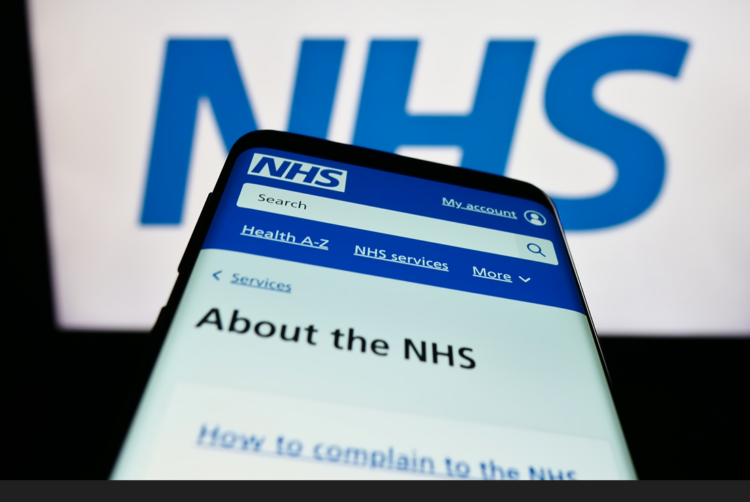Employers will have a vital role in ensuring the government’s plan to reinvent the NHS leads to meaningful health improvements across the UK, commentators have said.
The aim of ‘Fit for the future: 10 Year Health Plan for England’ is to fix a multitude of issues highlighted in Lord Darzi’s investigation last year. His report showed that many people cannot get a GP or dental appointment, waiting lists for hospital and community care have “ballooned”, staff are demoralised and demotivated, and outcomes on major killers like cancer lag behind other countries.
Under the plan, the government aims to reinvent the NHS through three radical shifts: hospital to community, analogue to digital and sickness to prevention.
But with such major challenges ahead, commentators have questioned whether the 10-year plan, set out last week, can deliver.
Brett Hill, head of health and protection at consultancy Broadstone, acknowledged the ambitious nature of the plan and agreed that a greater focus on prevention, with targeted action on key issues such as mental health, obesity, tobacco and alcohol misuse is required.
“The shift toward more localised, community-based healthcare and the use of data, technology and AI to improve accessibility and cut costly bureaucracy is sensible and much needed.
“But the real question is whether these reforms can be delivered in practice – and on what timescale.”
He added that the government’s track record on implementation and timelines “doesn’t often inspire confidence”, emphasising that NHS waiting lists remain at historic highs and sickness-related economic inactivity through delayed care continues to dent workforce productivity and economic growth.
“Since the pandemic, we’ve seen a clear shift towards more proactive workforce health strategies – from on-site GP access and mental health support to health screening and personalised wellbeing programmes. As this plan unfolds, we expect employers and the wider private health sector to continue to play a critical role in filling the gaps in public services and supporting the nation’s health.”
Paul Schreier, CEO of Simplyhealth, said the government is right to prioritise shifting care away from hospitals and into communities.
“The move toward more preventative, patient-focused healthcare is necessary and we welcome the government’s specific commitment to tackle the longstanding challenges in patients’ access to dental care, and its recognition of the dental sector’s role in advancing neighbourhood teams particularly in underserved communities. These challenges are long-standing, and require bold, wide-ranging action from all parts of the system.
“And with ill-health costing the UK economy £150 billion annually and over 2.8 million people economically inactive due to long-term conditions, the government must galvanise every part of the economy in its approach to a healthier nation.”
Schreier was clear that businesses have a vital but underused role to play in community-based care and the shift from sickness to prevention.
He said: “Employers are central to people’s lives and uniquely positioned to support preventative health through simple, affordable, whole of workforce health support. This support prevents illness, eases pressure on frontline care and boosts productivity.”
He also said that the public sector can learn a lot from private innovation, particularly in relation to the expansion of the NHS App, where private companies are already harnessing digital advancements and tools like AI to improve and personalise health-related services.
“Closer collaboration between businesses and healthcare services can further the objectives of the 10-Year Plan and create a more proactive, community-driven model of care that not only improves health outcomes, but also strengthens our economy to everyone’s benefit.”
Sebastian Rees, head of health at think tank IPPR, said: “For too long, the NHS has lurched from crisis to crisis, trapped in a cycle of firefighting. This 10-year plan marks a vital shift – not just a strategy to get the NHS back on its feet in the short term, but a bold blueprint for a ‘neighbourhood NHS’ as called for by IPPR: one that shifts care from hospitals to high streets, prioritises prevention, and embraces the digital age.”
Rees said there are no quick fixes for the deep-rooted challenges the NHS faces, but added that shifting the centre of gravity from hospitals to neighbourhoods, strengthening local services, and seizing the huge opportunities that lie ahead in innovation and technology shows that ministers have begun to chart a path to long-term renewal.
“The real test now is delivery. That means sustained investment, tough choices on priorities, and meaningful accountability. The plan is welcome – but it must be the start of a decade of determined action.”












